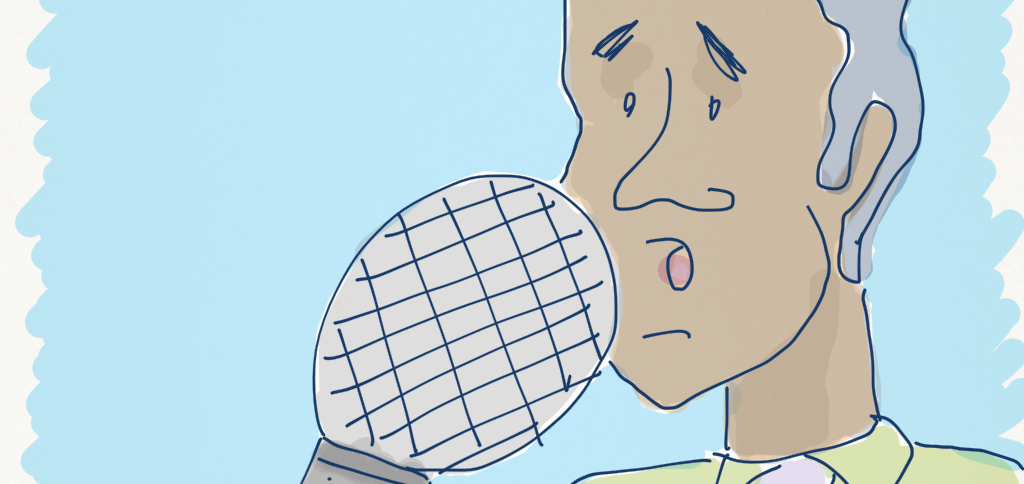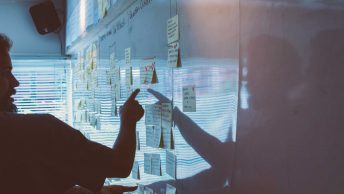A detailed understanding of the user, their needs and goals is fundamental to delivering a great experience to your end users. The humble interview is a powerful tool for helping to arrive at this understanding. An interview is a fun and relatively inexpensive tool, and can provide invaluable insights if done properly. Interviews can help uncover information such as:
- who will end up using your product,
- the context in which they will likely use it,
- their goals for usage, and
- the likely tasks they will need to complete.
Conducting revealing, useful interviews with users (or prospective users) is a skill that can be developed, and the best way to get better is to get out there and do some interviewing.
To assess or improve your interview skills, it is crucial to reflect back on them afterwards—either have someone observe an interview and give you feedback, or videotape yourself and watch the tape later. The following list is a guide only, but should help interviewers identify areas to work on.
What makes a good interviewer?
How effective you are as an interviewer is directly linked to your ability to extract the most useful information to inform your project. Here are some tips on how you can be sure that your next interview is productive.
Active listening skills
- Look alert and interested; use open body language and provide eye contact.
- Be comfortable with a moment of silence now and then.
Context, comfort and curiosity
- Tell the interviewee why you’re there.
- Start with general questions about tasks and flows.
- Follow up on interesting points.
- Start with broad context before focusing on the product or technology.
Effective question types
If you’re stuck for how to dig into the details of your interviewee’s workflow, here are some tips to help get the conversation moving:
- Ask case-specific questions.
- Ask about artefacts.
- Use open-ended questions to elicit information.
- Use closed-ended questions to clarify or take back control.
Before the interview…
The more you understand about your interviewee, their context, and their behaviour, the more productive the interview is likely to be. While you may not be able to get definitive information on all of the following points, make an effort to understand as much of the following as possible:
- What makes a good or bad experience
- What relationships and dependencies are important
- Which of their tasks are most frequent
- Which of their tasks are most important
- What kind of training or experience the interviewee has had
- What frustrates the interviewee
- What their typical workflow is
- What exceptions typically occur while performing their task
- Any vocabulary specific to their area of expertise
Capture information for later
Don’t assume that you’ll be able to remember absolutely everything. Most interviewees won’t mind you taking some notes during the conversation. To improve the information capture process, keep the following in mind:
- Annotate your notes later if you’re unable to capture everything in the moment
- Take photos of the context
- Take copies of relevant useful artefacts
- Obtain permission in advance of the interview if recording audio or video
Interview techniques to avoid
Remember that your role as interviewer is to avoid bias, so make an effort to not make any of these interview faux pas:
- Asking closed-ended questions to elicit information
- Asking multiple questions at a time
- Sticking to a fixed question set
- Asking leading questions
- Offering opinions
- Taking user wish-lists or design ideas at face value
- Judging users (positively or negatively)
- Sharing your own experiences
Whew! That’s quite a list.
Don’t worry if you notice yourself using an interview technique that you know you should avoid—no matter how experienced you are, this self-awareness is a good indication that you’re on track to reducing the frequency of it occurring.
I hope you find these tips useful in your next user or stakeholder interview!
Do you have any interviewing tips or funny interview stories to relay? Share them in the comments!





